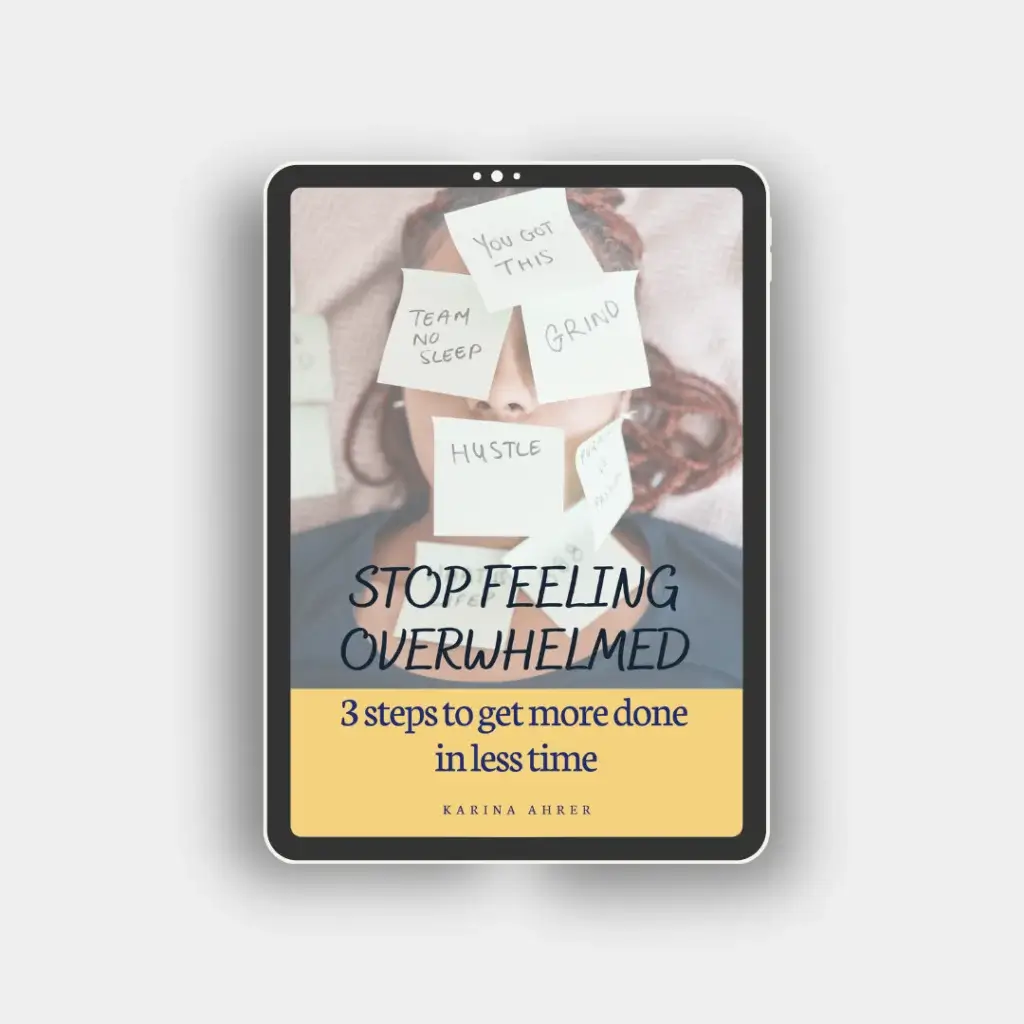Being an introvert isn’t a limitation, it’s a strength
Forget the stereotypes; being an introvert isn’t a limitation but a distinctive advantage, and here is my story of how I learned that.
Let’s start with specifying what introversion actually is:
What is introversion?
The term was first used by psychiatrist Carl Jung in 1909 and was described in more detail in his book “Personality Types” in 1921.
Summarized, Jung wrote that an introvert feels lonely and lost in large gatherings and doesn’t love enthusiastic get-togethers. An introvert is doing it his own way and can appear awkward.
Jung wrote that self-communing is a pleasure for introverts. Their own world is a safe harbor, a walled-in garden closed to the public. And they also don’t get convinced by public opinion or crowds.
Introversion shouldn’t be mistaken for shyness. The latter is coming from distress or bad experiences. Introversion is a preference.
Just like every human is different, every introvert is different too.
There is a wide range from extroverts to introverts, and you don’t have to be super extroverted or super introverted. There is also a middle which is called ambiversion.
I’m an introvert, but if it comes to something I’m passionate about or when I’m networking with interesting people then I open up and be an extrovert.
Not all introversion characteristics apply to me, and neither do they need to apply to you.
Since I was a teenager I’ve been working on improving myself by reading books about personal development, going out of my comfort zone, and accepting challenges.
15 years ago I would have never thought to achieve so much that I now did.
- starting a second Bachelor’s degree in Architecture (I thought I was not creative enough)
- moved to Vienna (I thought it was too far away from home)
- living with my boyfriend (I thought I was too ugly)
- was the president of a student organization (I thought I was too introverted to ever lead anything)
- did 2 semesters abroad (I thought I was too afraid to live somewhere alone)
- being comfortable presenting (I thought I would always be too nervous)
- being comfortable talking on the phone (I hated it)
Since I can remember I was always shy and quiet. And the school didn’t make it easier. I thought I would never be successful because I’m quiet.
A few teachers gave me a lower grade because I didn’t speak in class.
The school (and I thought the world) was made to punish introverts and reward extroverts.
I was so insecure and shy that I was too afraid to:
- call my aunt
- buy food at lunch break
- speak in class
- ask for help
My safe space was home. There I could be myself and also loud (I love singing).
So how did I get out of this negative spiral of insecurity and shyness, and accept my introversion?
The first big step for me was to get help from a school psychologist.
The one characteristic I always had that helped me achieve all those things is my ambition.
I wanted to be successful. And I still do.
The psychologist listened and challenged me with the small tasks I had to do. It was not easy. But my ambition kept pushing me.
This doesn’t mean you need a psychologist too. If you cannot afford it, you can also take steps by yourself.
Challenge yourself by taking small steps out of your comfort zone.
“Each time you try something for the first time you will grow — a little piece of the fear of the unknown is removed and replaced with a sense of empowerment.”
— Annette White
What I Did
The first steps I took were challenges the psychologist gave me:
- talking to strangers
- calling my aunt
- …
You can take on small challenges too. To stick with it you should get an accountability partner to help you achieve your goals, just like my psychologist was here for me.
Take small steps out of your comfort zone.
With the help of my psychologist, I overcame my shyness and achieved my first goals like getting into the university I wanted. But this wasn’t an overnight success. It took me more than 5 years.
But it would take me another 8–10 years to accept my introversion, and then embrace it.
It’s not easy for me to write about it, because I always thought about it as a negative personality trait I had to get rid of.
I didn’t like myself because of it. My negative mindset thought I was weird and not successful as long as I was an introvert.
What changed my perspective?
A lot of different things and experiences.
- Reading the book “Quiet” by Susan Cain
- Reading about introversion and extroversion
- The consciousness today that introverts are better leaders
- Challenging myself and experiencing my successes
- A Partner and a family who support me
But the one thing that stuck with me is I consistently improve myself.
This is not just about my introversion, but about my confidence and self-image.
I was really afraid of presenting in class. I was nervous, my hands were sweaty and shaking. I thought I would never be able to overcome that feeling.
Now: I’m confident in presenting my project at university or leading a general assembly of my student organization.
Practice and Grow Confident
I know it sounds annoying and like a cliche. But it’s true: practice is what will give you the confidence to do something good.
My first presentations in middle school sucked. My hands were shaking and my voice was low and trembling.
After I repeatedly had to do presentations in high school and at university, I got used to them.
And now I’m presenting my own project and my own ideas and it’s much easier to do than remembering some text from Wikipedia.
I can visualize myself now being a motivational speaker in the near future to empower women and inspire them with my story.
Through practice, we are gaining confidence and the self-image that we are good.
I got compliments for my presentations this year.
15 years ago I would have said it’s not possible.
It is possible, and if you trust the process of practice you will gain the knowledge and confidence to be good too. In whatever you want to learn.
Conclusion
The negative view of introversion is changing. Thank God!
It’s nothing negative. I even think it’s a really good trait to have.
Introverts are empathic, good listeners, and quiet. Characteristics I got compliments for last year, and I’m proud of them.
If you still struggle with a negative mindset (I do too) I recommend reading and practicing.
And if you still don’t believe me that introverts can be successful, here are some of the most famous introverts:
- Barack Obama
- Oprah
- Bill Gates
- J. K. Rowling
- Emma Watson
“Our culture is biased against quiet and reserved people, but introverts are responsible for some of humanity’s greatest achievements.”
— Susan Cain
Less Stress. More Time. Less Overwhelmed!
Get your free copy of my 3 steps!

Get daily insights, motivation, and inspiration:
If you are as addicted as I am to reading books, check out my favorite books!




